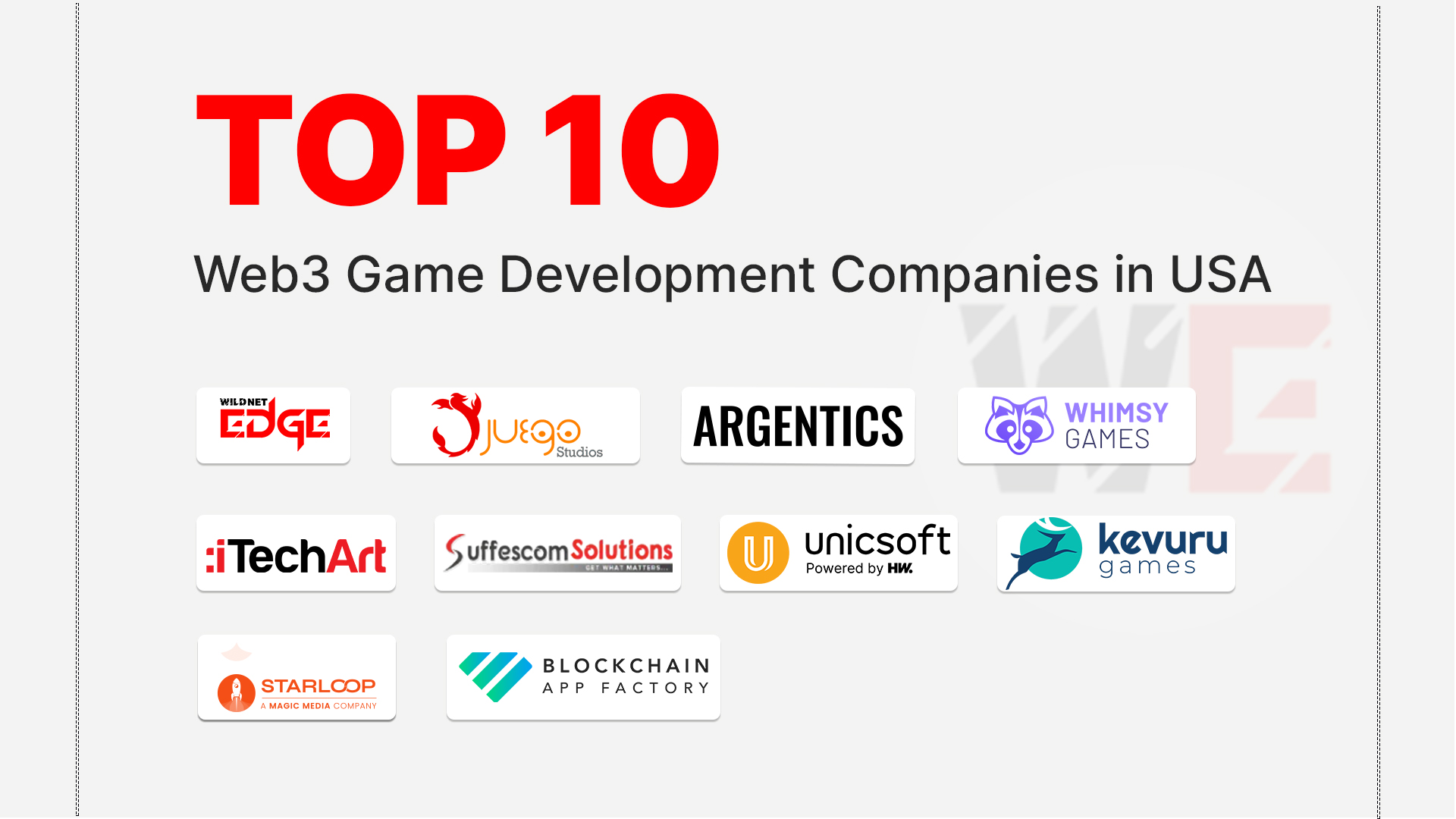Struggling to keep your retail operations running smoothly while juggling inventory and customer relationships? You’re not alone. Retail businesses face enormous pressure to automate workflows and create seamless customer experiences. Salesforce for Retail offers powerful automation tools that help you stay ahead of the curve by unifying inventory management and retail CRM into one streamlined platform. In this guide, you’ll learn how Salesforce automation can transform your retail business from inventory headaches to personalized customer engagement.
Retail CRM: The Backbone of Customer-Centric Retail
Retail CRM is much more than a digital address book; it is the foundation for building meaningful, long-lasting customer relationships. In the competitive retail market of 2026, consumers expect personalized experiences that resonate with their preferences and shopping behaviors. Salesforce for Retail leverages retail CRM as an intelligent system that consolidates customer data, providing actionable insights that empower retailers to tailor marketing efforts precisely.
What Retail CRM Encompasses in the Retail Context
Retail CRM integrates customer interactions across multiple touchpoints — in-store, online, mobile apps, social media, and call centers — into one cohesive profile. It captures transactional history, browsing behavior, preferences, and feedback, creating a 360-degree view of each customer.
- Centralized customer profiles for unified communication
- Segmentation based on purchase patterns and demographics
- Tracking customer lifecycle stages and engagement metrics
Benefits of Integrating Customer Data for Targeted Campaigns
By tapping into integrated customer data, retail teams can design marketing campaigns that speak directly to customer needs and increase conversion rates.
- Automated email marketing triggered by customer milestones (e.g., birthdays, anniversaries)
- Dynamic content recommendations based on past purchases
- Geo-targeted promotions using location data
Such targeted campaigns often translate into higher open rates, lower churn, and increased average order values.
Enhancing Loyalty Programs and Customer Retention with CRM
Salesforce’s retail CRM capabilities also power sophisticated loyalty initiatives. By analyzing shopping habits and reward redemption patterns, retailers can customize loyalty offers that encourage repeat business.
- Automated point accrual and redemption tracking
- Tiered loyalty levels promoting upsell and premium engagement
- Personalized rewards and exclusive previews based on CRM insights
These strategies not only elevate customer satisfaction but also turn casual buyers into brand advocates.
Automated Sales Workflows: Boost Efficiency and Accuracy
In retail, speed and accuracy during sales processes can define customer experiences and impact profitability. Automated sales workflows within Salesforce remove the burden of manual tasks, accelerating sales cycles while minimizing human error.
Examples of Automated Workflows in Retail Sales Processes
Retailers benefit from automations that handle repetitive sales activities seamlessly:
- Automatic order approvals based on preset thresholds
- Real-time payment confirmation and invoicing
- Immediate customer notifications about order status changes
- Automated follow-ups for incomplete transactions or cart abandonment
This automation ensures consistency across sales operations and frees up staff to focus on higher-value customer interactions.
Tools Within Salesforce That Enable Workflow Automation
Salesforce provides powerful tools like Process Builder and Flow — both evolved for 2026’s business needs — which enable retailers to customize and automate complex workflows without heavy IT involvement.
- Process Builder: Ideal for automating straightforward processes such as updating records or sending notifications
- Flow Builder: Supports intricate workflows involving decision trees, multi-step approvals, and data integrations
Together, these tools empower retail teams to scale automation effectively.
Impact on Inventory Updates and Order Processing
Automated workflows directly impact inventory accuracy by triggering stock updates instantly when sales occur. This synchronization helps prevent overselling and ensures customers view real-time availability.
- Automatic stock depletion upon sale closing
- Workflow-triggered reordering requests sent to suppliers
- Integration with fulfillment centers for streamlined shipping
By reducing errors and delays, Salesforce’s automated workflows enhance operational agility and customer satisfaction.
Inventory Management Meets Salesforce Automation
Effective inventory management remains a retail cornerstone. Integrating Salesforce automation into inventory processes provides retailers with precise, real-time control over stock and replenishment activities.
Syncing Inventory Data with Sales Activities
Salesforce connects sales data directly with inventory systems, ensuring stock counts update automatically as sales progress.
- Real-time inventory visibility across multiple locations
- Unified dashboards displaying current stock levels and forecasts
- Automated syncing with point-of-sale (POS) systems and e-commerce platforms
This real-time sync prevents stockouts and allows for smarter inventory allocation.
Alerts and Triggers for Low Stock or Overstock Situations
Salesforce automation empowers retailers to set custom alerts that act proactively.
- Instant notifications for low-stock thresholds to initiate reorder workflows
- Overstock warnings helping retailers manage markdowns or redistribution
- Triggered email alerts to purchasing and supply chain teams
These triggers help avoid lost sales and inventory stagnation, maintaining efficient cash flow and storage utilization.
Integration with Suppliers and Logistics Workflows
Salesforce’s open APIs and ecosystem integrations facilitate seamless supplier communications and logistics operations.
- Automated purchase order generation based on stock levels
- Real-time shipment tracking updates sent to inventory and sales teams
- Coordination with third-party logistics (3PL) providers through Salesforce tools
This interconnected approach streamlines supply chains, accelerates replenishment, and supports omnichannel fulfillment models.
Advanced Salesforce Features for Retail Success
Beyond basic CRM and workflow automation, Salesforce equips retailers with advanced capabilities that respond to the evolving demands of 2026’s market.
AI and Predictive Analytics for Demand Forecasting
Salesforce Einstein AI integrates predictive analytics into retail operations, transforming historical sales and external data into precise demand forecasts.
- Forecasting seasonal trends and consumer buying patterns
- Identifying emerging product demands using social and market signals
- Driving automated replenishment plans and promotional strategies
This foresight enables retailers to optimize inventory investment and maximize sales opportunities.
Omnichannel Retail Integration Through Salesforce
Salesforce enables seamless omnichannel retailing by linking various sales and service channels into one ecosystem.
- Unified customer experience across in-store, online, mobile app, and social platforms
- Consolidated order management with “”buy online, pick up in store”” (BOPIS) workflows
- Consistent customer service data accessible to all touchpoints
Omnichannel integration improves customer satisfaction and loyalty by providing flexibility and transparency in how customers shop.
Customizable Dashboards and Analytics for Actionable Insights
Retail managers utilize Salesforce’s advanced analytics and dashboards to monitor KPIs and make data-driven decisions in real time.
- Tailored dashboards tracking sales performance, inventory turnover, and customer engagement
- Automated report generation highlighting growth opportunities and bottlenecks
- Integration with external BI tools for deeper analysis
These dashboards increase visibility and guide strategic initiatives to boost operational efficiency and revenue growth.
Conclusion
Salesforce for Retail combines retail CRM and automated sales workflows to help retailers streamline operations, improve customer engagement, and drive growth. By integrating inventory management with personalized consumer insights, Salesforce enables retailers to respond efficiently to market conditions while delivering exceptional customer experiences. For retailers ready to harness the full power of Salesforce automation, WildnetEdge stands out as a trusted partner, delivering expert solutions tailored to your unique retail challenges. Ready to transform your retail business? Partner with WildnetEdge to start your Salesforce automation journey today.
FAQs
Q1: How does Salesforce improve retail CRM for better customer engagement?
Salesforce centralizes customer data, enabling personalized marketing campaigns, loyalty programs, and targeted communications that boost engagement and retention.
Q2: What automated sales workflows are most useful for retail businesses?
Automated order processing, inventory updates, customer follow-ups, and sales approval processes help retail teams save time and reduce errors.
Q3: Can Salesforce automation help manage retail inventory more effectively?
Yes, Salesforce provides real-time inventory tracking and automatic alerts for stock levels, helping retailers optimize stock and avoid shortages or excess.
Q4: What advanced Salesforce features support retail demand forecasting?
AI-powered predictive analytics and customizable dashboards allow retailers to forecast demand accurately and make data-driven stocking decisions.
Q5: Why choose WildnetEdge for Salesforce implementation in retail?
WildnetEdge offers specialized retail Salesforce expertise, custom solutions, and ongoing support to maximize ROI and streamline retail automation projects.

Nitin Agarwal is a veteran in custom software development. He is fascinated by how software can turn ideas into real-world solutions. With extensive experience designing scalable and efficient systems, he focuses on creating software that delivers tangible results. Nitin enjoys exploring emerging technologies, taking on challenging projects, and mentoring teams to bring ideas to life. He believes that good software is not just about code; it’s about understanding problems and creating value for users. For him, great software combines thoughtful design, clever engineering, and a clear understanding of the problems it’s meant to solve.
 sales@wildnetedge.com
sales@wildnetedge.com +1 (212) 901 8616
+1 (212) 901 8616 +1 (437) 225-7733
+1 (437) 225-7733















 ChatGPT Development & Enablement
ChatGPT Development & Enablement Hire AI & ChatGPT Experts
Hire AI & ChatGPT Experts ChatGPT Apps by Industry
ChatGPT Apps by Industry ChatGPT Blog
ChatGPT Blog ChatGPT Case study
ChatGPT Case study AI Development Services
AI Development Services Industry AI Solutions
Industry AI Solutions AI Consulting & Research
AI Consulting & Research Automation & Intelligence
Automation & Intelligence















